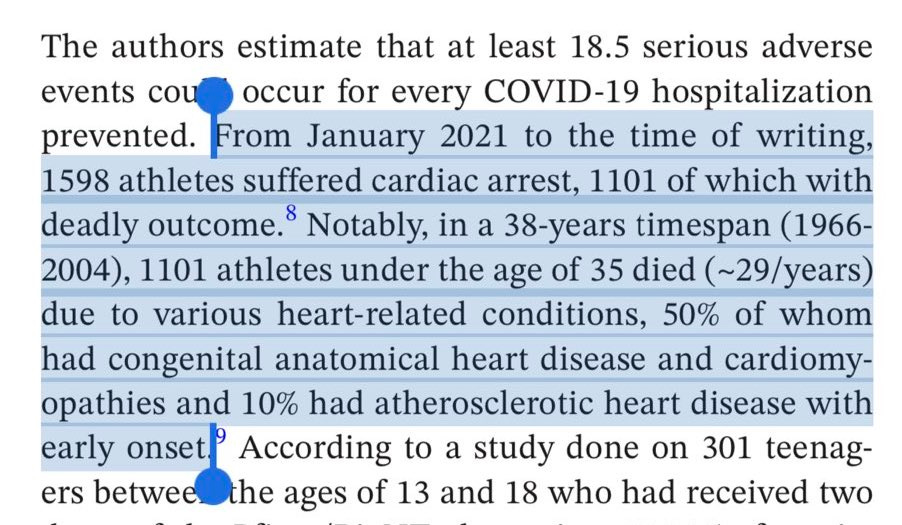You may not have heard of the Baader-Meinhof phenomenon, but once I’ve explained it you will start noticing it everywhere.
A little joke for psychologists there.
In 1994, someone left a comment on the website of the St. Paul Pioneer Press (Minnesota) saying that he had heard two references to the Red Army Faction, AKA the Baader-Meinhof gang - a 1970s German terrorist organisation - in the space of 24 hours, having never previously been aware of them. This somehow provided a new name for a cognitive bias. Don’t let anyone tell you that posting online comments on regional newspaper websites is a waste of time.
Otherwise known as frequency bias, the Baader-Meinhof phenomenon is a combination of selective attention bias (paying more attention to some things than to others) and confirmation bias (looking for things that you agree with or which serve your purposes in some way).
Arnold Zwicky added another aspect when he wrote about the significance of things happening recently, describing the ‘recency illusion’ as…
“…the belief that things YOU have noticed only recently are in fact recent”.
The classic example is people’s tendency to notice a certain type of car once they own one themselves, especially when they bought it recently.
Of course it is possible that the thing you’ve just started noticing is truly becoming more frequent. I have noticed more shirts, flags and other merchandise related to Arsenal FC recently. This may be because the team is doing very well this season and I am more conscious of them as a result. Or it may be that Arsenal fans are less coy about showing their support after years of under-performing. What is less likely is that there are significantly more Arsenal fans than there were before.
There is a particularly bad case of the Baader-Meinhof phenomenon among the ‘vaccine hesitant’ at the moment. They have convinced themselves that myocarditis is not a rare side effect of some Covid vaccines but that people are dropping like flies, a year or more after having their last jab, from vaccine-related heart attacks, hence the relatively high rate of excess deaths in recent months.
Once you start thinking about heart attacks all the time, you will start noticing things like this…
Defibrillators are very common in public places and have been for years. They are so common that you don’t really notice them, unless you really start noticing. They have been put in red phone boxes for over a decade because phone boxes are otherwise virtually obsolete. If you haven’t paid much attention to this until now - and why would you? - you may think, as Zwicky said, that the thing you have noticed only recently is in fact recent. And why would the government suddenly be putting defibrillators everywhere? Eh? Eh? Wake up sheeple!
A very similar thing has been happening in relation to athletes and celebrities dying. In its basic form, this simply involves scouring the internet for any vaguely famous person who is ill or recently died and hinting, without a shred of evidence, that they were killed or injured by a vaccine they may or may not have taken.





If you set up a Google alert for the phrase “died suddenly” you will presumably get regular notifications about somebody somewhere in a world of eight billion souls dying suddenly. This seems to have been the research method of the anti-vax documentary Died Suddenly which found a bunch of people who had died unexpectedly, assumed they were vaccinated and concluded that it’s too much of a coincidence to be put down to chance.
In fact, some of the people in question were unvaccinated and at least one of them isn’t even dead. The film shows basketball player Keyontae Johnson collapsing during a game played on 12 December 2020, before the vaccines were available to people of his age. He is fine and is still playing professional basketball.
It is not that unusual for athletes to collapse on the field of play, and while it is very unusual for them to drop dead, it is far from unprecedented. Football fans will remember Marc-Vivien Foé suddenly collapsing and dying during a match in 2003. Wikipedia has a whole page dedicated to association football players who died during their careers. A lot of them had a heart attack while playing or training. You won’t have heard of many of them because most footballers are not very famous, but if they suddenly started getting a lot of coverage, you might think it was a recent phenomenon. If Wikipedia is any guide, there were at least ten such deaths in 2019, the year before Covid vaccines were invented. Last year, there were at least eight.
The most high profile on-field collapse in football in recent years was Christian Erikson during Euro 2020 (held in 2021) who had a cardiac arrest, recovered and now plays for Manchester United. Anti-vaxxers got very excited about this, although it turns out that he was unvaccinated, but how many other such incidents can you recall in the last two years? You can find them if you search for them, but if you’re searching for them you’re displaying pretty obvious symptoms of confirmation bias.
In short, these things are unusual but happen more often than most people realise. The FIFA Sudden Death Report identified 617 cases of sudden cardiac death, survived sudden cardiac arrest, and traumatic sudden death among footballers between 2014 and 2018.
Are they happening more often now? Probably not, but we simply don’t have the data. Anti-vaxxers, however, do claim to have the data. According to the crackpot website Expose News…
Athlete Deaths are 1700% higher than expected since COVID Vaccine roll-out
This claim has naturally been doing the rounds on social media, so let’s look at it.
An investigation of official statistics has found that the number of athletes who have died since the beginning of 2021 has risen exponentially compared to the yearly number of deaths of athletes officially recorded between 1966 and 2004.
So much so that the monthly average number of deaths between January 2021 and April 2022 is 1,700% higher than the monthly average between 1966 and 2004, and the current trend for 2022 so far shows this could increase to 4,120% if the increased number of deaths continues, with the number of deaths in March 2022 alone 3 times higher than the previous annual average.
The figure of 673 deaths for 2021-22 comes from a list compiled by the people at the hilariously named website GoodSciencing.com who included anyone who played or used to play sport and ‘died suddenly’. Some of them were in their 60s.
The figure of 1,101 deaths for 1966-2004 comes from an actual peer-reviewed study which looked at cases of sudden cardiac death among athletes under the age of 35 in that time period. Straight away, it should be obvious that we are comparing apples with oranges.
More importantly, the study did not claim to have found every such case of cardiac death between 1966 and 2004, nor did it attempt to. It was a systematic review of all the studies of this condition and aimed to establish some of its causes. It identified 47 studies, most of which were case reports looking at one or two individuals. The figure of 1,101 sudden deaths is simply the total number of cases examined in the 47 studies. It is not, and was never intended to be interpreted as, the total number of sudden deaths among everybody associated in professional sport worldwide over four decades. The FIFA Sudden Death Report found 475 such deaths in just five years, and that was only among footballers, so 1,101 is clearly a massive underestimate (if it were an estimate, which it isn’t).
This doesn’t necessarily mean that there hasn’t been a rise in the number of athletes suffering sudden cardiac death in the last two years. It is not impossible. It is just that there is no evidence whatsoever for it and if you think that the ‘evidence’ from Expose News is compelling or find it telling that minor celebrities die from time to time, I am afraid you must consider the possibility that you are a moron.
Update
I didn’t realise when I wrote this that Peter McCullough, who has become a guru to anti-vaxxers, smuggled the Expose News factoid into a letter to the Scandinavian Journal of Immunology recently.
Top sciencing!









Wonderful payoff line
Many people, including some who are perfectly intelligent in other ways, seem not to understand that Google doesn't answer questions, it just finds pages with your search terms. My ex, who definitely isn't stupid and in fact is very accomplished, but who is paranoid about getting cancer (for good reasons, family history), when she felt ill would type her symptoms and a relevant type of cancer into google (e.g. abdominal pain kidney cancer), and I had to remind her that if you do that you're not getting neutral information, you're literally telling Google to show you the websites that say you have cancer